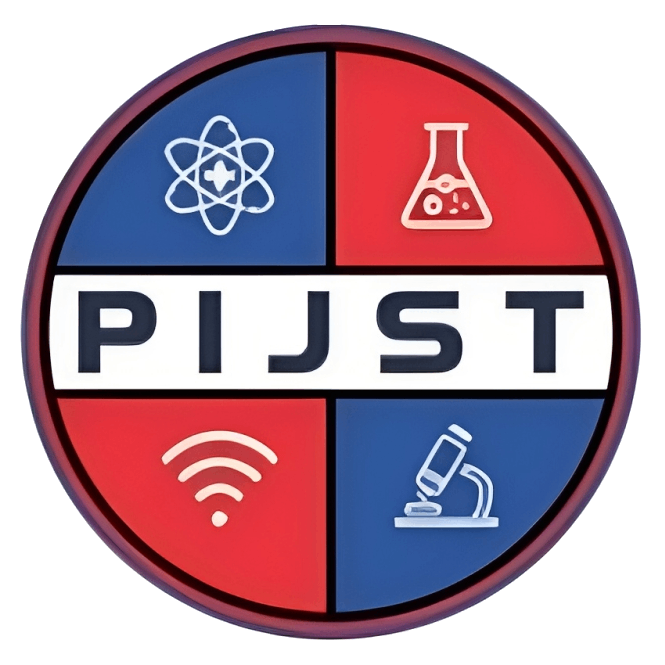Machine Learning Applications in Healthcare
Sarthak Singh,
M.Tech (computer Science), KIET, Ghaziabad
Published Date: 04-01-2025 Issue: Vol. 2 No. 1 (2025): January 2025 Published Paper PDF: Download
Abstract- The integration of machine learning (ML) into healthcare has revolutionized clinical practices by enhancing diagnostic accuracy, predictive analytics, and treatment personalization. ML, a subfield of artificial intelligence, empowers systems to learn from vast heterogeneous datasets such as electronic health records, medical imaging, and wearable devices, thereby enabling automation and informed decision-making. Applications span across predictive analytics in patient care, natural language processing (NLP) for unstructured clinical texts, computer vision in medical imaging, and personalized medicine supported by genomic data. Supervised, unsupervised, and reinforcement learning models, alongside algorithms like neural networks, decision trees, and support vector machines, have demonstrated remarkable utility in stratifying patient risk, predicting disease progression, and supporting automated diagnosis. Predictive frameworks are increasingly applied in oncology, cardiology, and radiology, while NLP facilitates text mining for decision support and patient-facing chatbots. Despite transformative potential, challenges persist in data privacy, algorithmic bias, ethical governance, and interoperability of electronic health records. Regulatory frameworks such as FDA guidelines and HIPAA compliance are evolving to ensure safety, transparency, and accountability in clinical deployment. Future trends highlight the integration of ML with telemedicine, advancements in deep learning, and cross disciplinary collaboration among clinicians, data scientists, and technology companies. Overall, ML presents unprecedented opportunities to reshape healthcare delivery, improve patient outcomes, and drive precision medicine, while necessitating robust ethical oversight, fair algorithms, and adaptive regulatory systems for sustainable implementation. Keywords: Machine Learning, Healthcare Analytics, Predictive Analytics, Electronic Health Records (EHR), Natural Language Processing (NLP), Computer Vision, Personalized Medicine, Genomics.
Published Date: 04-01-2025 Issue: Vol. 2 No. 1 (2025): January 2025 Published Paper PDF: Download
Abstract- The integration of machine learning (ML) into healthcare has revolutionized clinical practices by enhancing diagnostic accuracy, predictive analytics, and treatment personalization. ML, a subfield of artificial intelligence, empowers systems to learn from vast heterogeneous datasets such as electronic health records, medical imaging, and wearable devices, thereby enabling automation and informed decision-making. Applications span across predictive analytics in patient care, natural language processing (NLP) for unstructured clinical texts, computer vision in medical imaging, and personalized medicine supported by genomic data. Supervised, unsupervised, and reinforcement learning models, alongside algorithms like neural networks, decision trees, and support vector machines, have demonstrated remarkable utility in stratifying patient risk, predicting disease progression, and supporting automated diagnosis. Predictive frameworks are increasingly applied in oncology, cardiology, and radiology, while NLP facilitates text mining for decision support and patient-facing chatbots. Despite transformative potential, challenges persist in data privacy, algorithmic bias, ethical governance, and interoperability of electronic health records. Regulatory frameworks such as FDA guidelines and HIPAA compliance are evolving to ensure safety, transparency, and accountability in clinical deployment. Future trends highlight the integration of ML with telemedicine, advancements in deep learning, and cross disciplinary collaboration among clinicians, data scientists, and technology companies. Overall, ML presents unprecedented opportunities to reshape healthcare delivery, improve patient outcomes, and drive precision medicine, while necessitating robust ethical oversight, fair algorithms, and adaptive regulatory systems for sustainable implementation. Keywords: Machine Learning, Healthcare Analytics, Predictive Analytics, Electronic Health Records (EHR), Natural Language Processing (NLP), Computer Vision, Personalized Medicine, Genomics.

 : 10.62796/pijst
: 10.62796/pijst